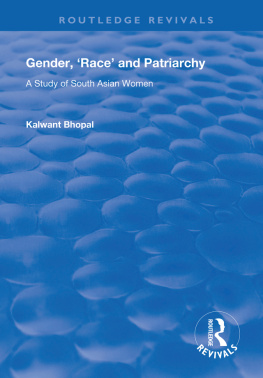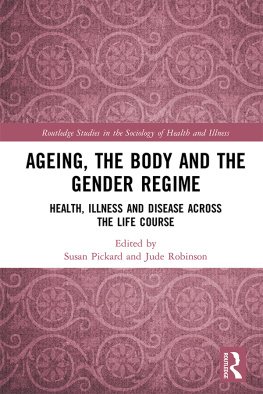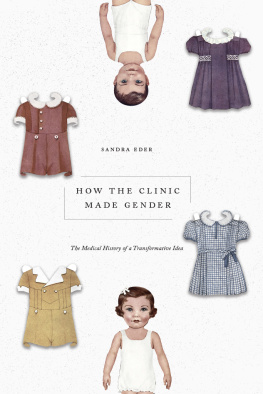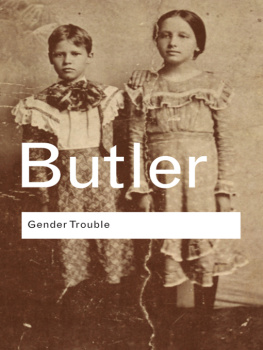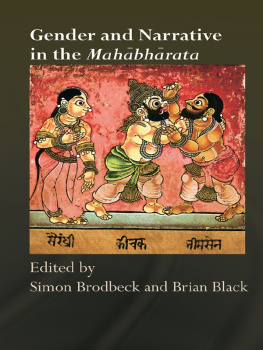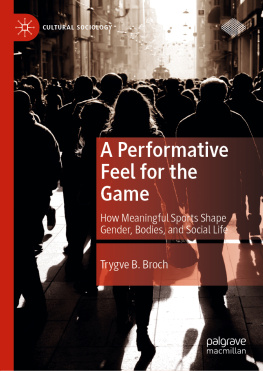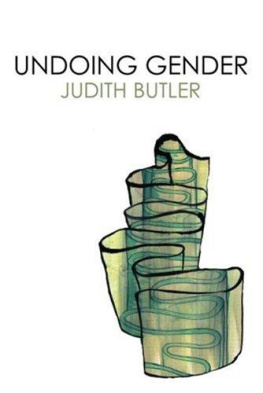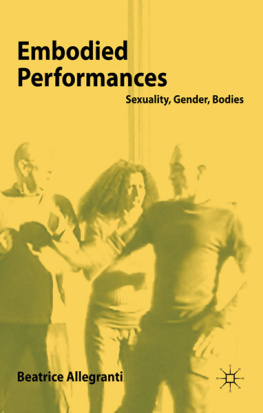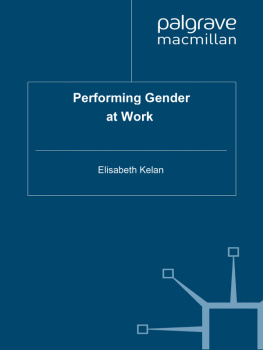LONDON SCHOOL OF ECONOMICS MONOGRAPHS ON SOCIAL ANTHROPOLOGY
Managing Editor: Charles Stafford
The Monographs on Social Anthropology were established in 1940 and aim to publish results of modern anthropological research of primary interest to specialists.
The continuation of the series was made possible by a grant in aid from the Wenner-Gren Foundation for Anthropological Research, and more recently by a further grant from the Governors of the London School of Economics and Political Science. Income from sales is returned to a revolving fund to assist further publications.
The Monographs are under the direction of an Editorial Board associated with the Department of Anthropology of the London School of Economics and Political Science,
First published 2000 by Bloomsbury Acadmic
Published 2020 by Routledge
2 Park Square, Milton Park, Abingdon, Oxon OX14 4RN
605 Third Avenue, New York, NY 10017
Routledge is an imprint of the Taylor & Francis Group, an informa business
Copyright Cecilia Busby 2000
Cecilia Busby has asserted her right under the Copyright, Designs and Patents Act, 1998, to be identified as the author of this work
All rights reserved. No part of this book may be reprinted or reproduced or utilised in any form or by any electronic, mechanical, or other means, now known or hereafter invented, including photocopying and recording, or in any information storage or retrieval system, without permission in writing from the publishers.
Notice:
Product or corporate names may be trademarks or registered trademarks, and are used only for identification and explanation without intent to infringe.
British Library Cataloguing in Publication Data
A catalogue record for this book is available
from the British Library
Library of Congress Cataloging-in-Publication Data
Busby, Cecilia, 1966
The performance of gender: an anthropology of everyday life in a
South Indian fishing village / Cecilia Busby.
p. cm.
Revision of thesis (Ph. D.-1995).
Includes bibliographical references and index.
ISBN 0-485-19571-2 (cloth: alk. paper) ISBN 0-485-19571-9
(paper: alk. paper)
1. MukkuvarsSocial conditions. 2. Mukkuvars Economic
conditions. 3. MukkuvarsKinship. 4. Women, MukkuvarIndia
Marianad. 5. Sex roleIndiaMarianad. 6. Sex differencesIndia
Marianad. 7. (Marianad) IndiaSocial life and customs. I. Title.
DS432.M77 B87 2000
306'.0954'83dc21
99-086428
ISBN13: 978-0-4851-9671-9 (pbk)
Typeset by Acorn Bookwork, Salisbury, Wilts.
The making of books is the making of debts, and this one is no exception. What started life as a PhD thesis in 1995, already weighty with the material and intellectual contributions of others, has, in the five years since, become a book only with the support and involvement of numerous friends, colleagues and collaborators:
First and foremost I must thank the people of Marianad, whose accounts of their lives are at the heart of this book. They extended to me a warmth and friendship for which I was always grateful, and taught me a great deal about myself as well as them. Janet took me into her house and taught me to cook dosai, Victor discussed politics with me and ate my early attempts uncomplainingly, Flossy was a constant companion and friend. Thanks are also due to Bridget and her family, and to Simon, Paulos, Rajamma, Mabel Mary, Agnes and Emilie, who all put up with my endless questions with good humour, and whose words litter this book. Because little of what we discussed was ever in private, and for the most part it was the articulation of general, public knowledge, I have kept their names in the ethnography that follows. Only occasionally, where sensitive issues are discussed (particularly in ) have I altered names. Chitra Pannikker, who made it possible for us to overcome the distance created by poor communication, did so with typical grace and charm, and also deserves thanks as an always indulgent friend.
My time in Trivandrum city was made more enjoyable by the companionship, at various times, of Celi Busby, Catrin Evans, Subir Sinha and Rashmi Varma, and throughout of Patrick Heller, G. Krishnan, and R. Sahadevan. Vanithe Mukkerjee gave me another home to go to at a time when I most needed it: she knows how important she was.
In the often difficult and painful process of turning raw experiences, memories and fieldnotes into academic prose, I have had support from many quarters. Fellow students at the LSE were invaluable at the time of writing up and after in helping make the experiences of fieldwork and the strange life of a thesis writer seem more normal than it might otherwise have done. My extended household at Constantine Road deserves thanks for their support and encouragement at this time. My two supervisors, Chris Fuller and Henrietta Moore, contributed in equal measure intellectual insights, careful criticism, warmth and encouragement: their influence is to be found in every chapter.
Part of the writing of this book was carried out in Edinburgh, and I would like to thank the Department of Social Anthropology for providing such a congenial and friendly place to work and write: while I would like to thank all my colleagues there, my particular thanks go to Tony Cohen, for his encouragment and his washing machine, and Tony Good, for his stimulating and careful reading of my arguments about Dravidian kinship. Abi Penny (now Montani) suffered my teaching with good grace, and helped keep me sane. Jonathan Spencer and Janet Carsten were invaluable friends, fellow parents, and mentors: Janet deserves special thanks for her careful reading of both the thesis and the book manuscript, and her thoughtful suggestions for revision. Rebecca Ellis, Gonzalo Araoz, Luzmila and (later) Mattie shared Scotland, poverty, family life and the trials of academia and helped make them something to laugh about.
In London, I must thank colleagues in the Department of Anthropology at Goldsmiths College for extending a warm welcome and for the benefit of their intellectual stimulation and support over the last year of writing: particular thanks go to Olivia Harris, for her always generous advice, support and hospitality.
Institutional support has come from many sources. The Economic and Social Research Council funded the initial PhD research on which this book is based. The Trustees of the Radcliffe-Brown Memorial Fund helped in writing up with an RAI/Sutasoma award. Much of the writing of the book was done while I was a British Academy Post-Doctoral Fellow: I thank the British Academy and particularly Ken Emond, who was always supportive and helpful. Much of .
Finally, I must thank those who have been my refuge and companions, who have been there whenever they were needed and without whom my life would have been infinitely poorer: my sister, Celi, who has shared everything with me, all my life; my mother, father, Fran and Joe; Sarah and Myra, best of friends; and lastly, Philip, Zoe and Max, whose importance to this, and other parts of my life, is immeasurable; to all these this book is dedicated, with love.


